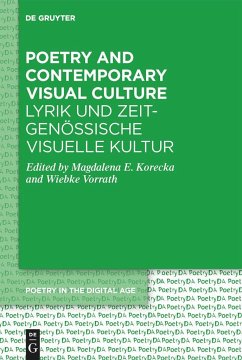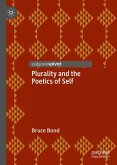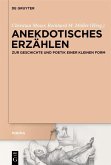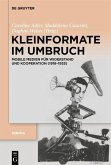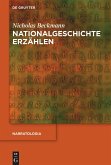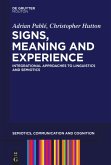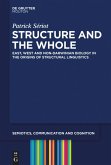This book's goal is to determine the significance of visual culture in the production of contemporary poetry and to sound out the insights poetry might generate into contemporary visual culture. Its main hypothesis is that poetry holds considerable potential for (post-)digital language, image, and media criticism. The visual dimensions of recent poetry encompass, for instance, kinetic writing in digital poetry, visual elements in social media poems, and (spoken and written) text-image interactions in poetry films as well as in book poetry. The articles examine these medial correlations and their political implications by asking how visual culture is applied, exposed, and debated in poetry. This volume brings together contributions by authors from various countries working in disciplines such as literary, media, and film studies, linguistics, cultural and visual culture studies, and in poetic practice. It covers poetry in English, German, Norwegian, Polish, Ukrainian, Russian, Serbian, and also multilingual works. The book thus aims to promote international exchange between poetry researchers and stimulate further investigation into current relations between poetry and visuality from additional research perspectives and languages.

